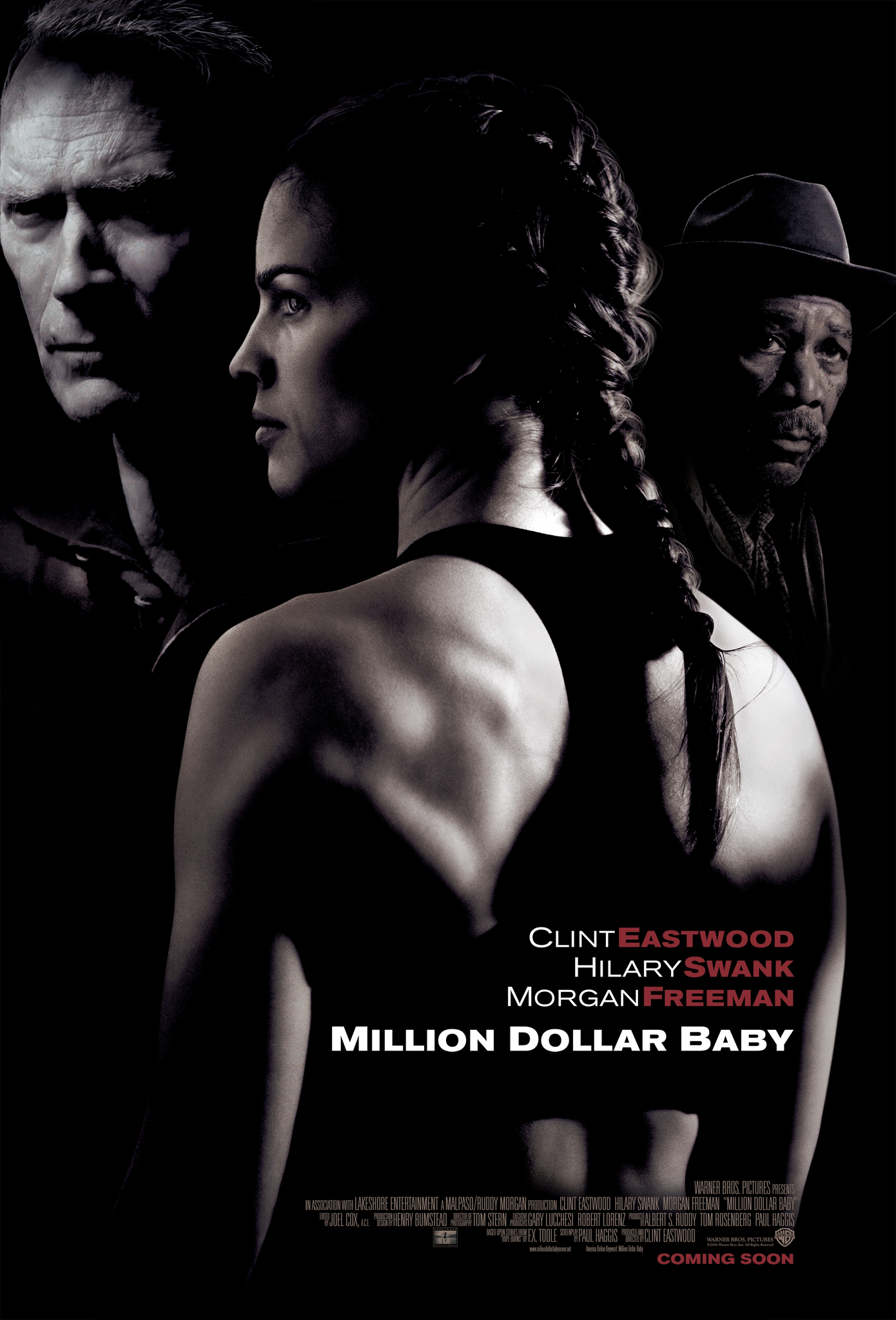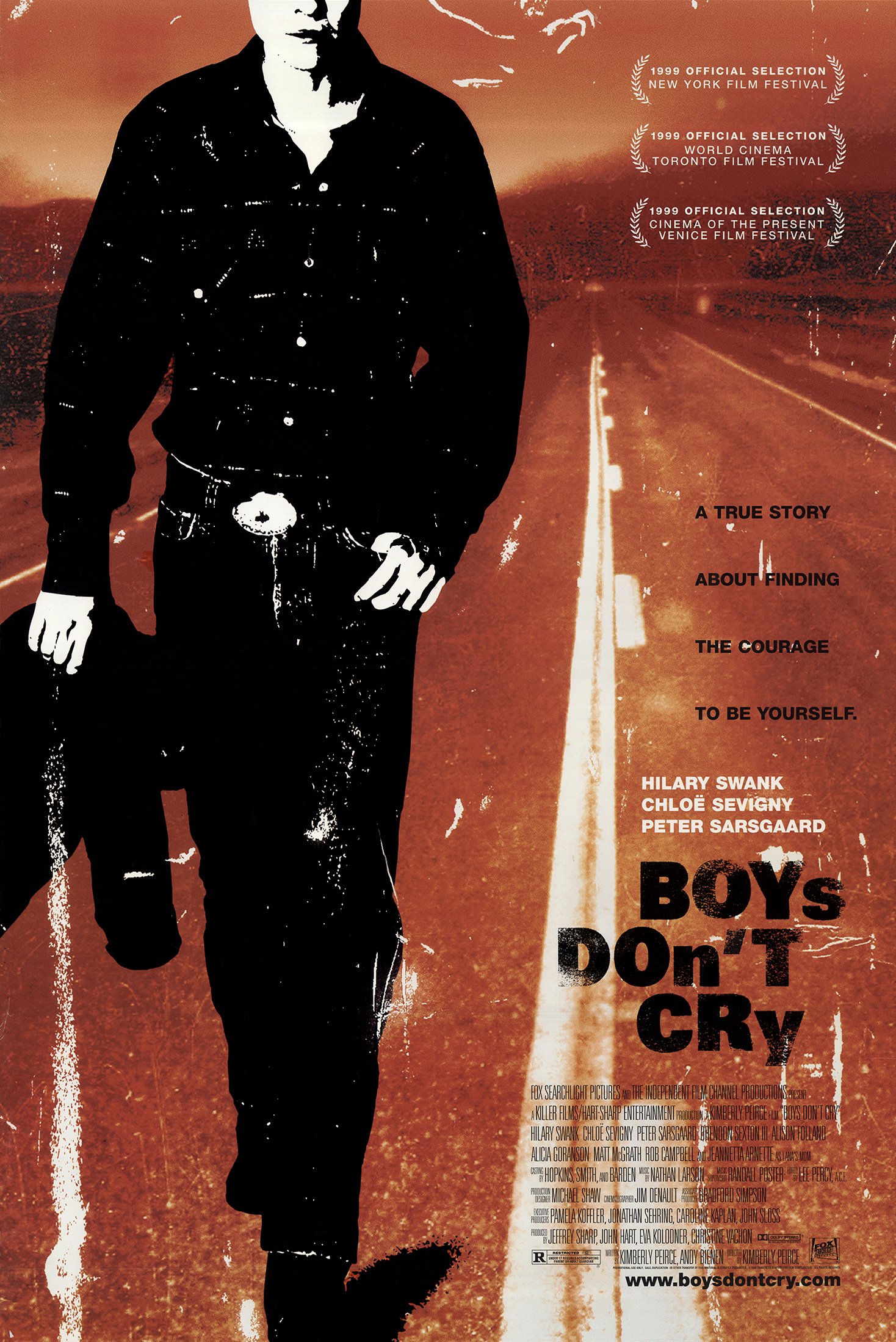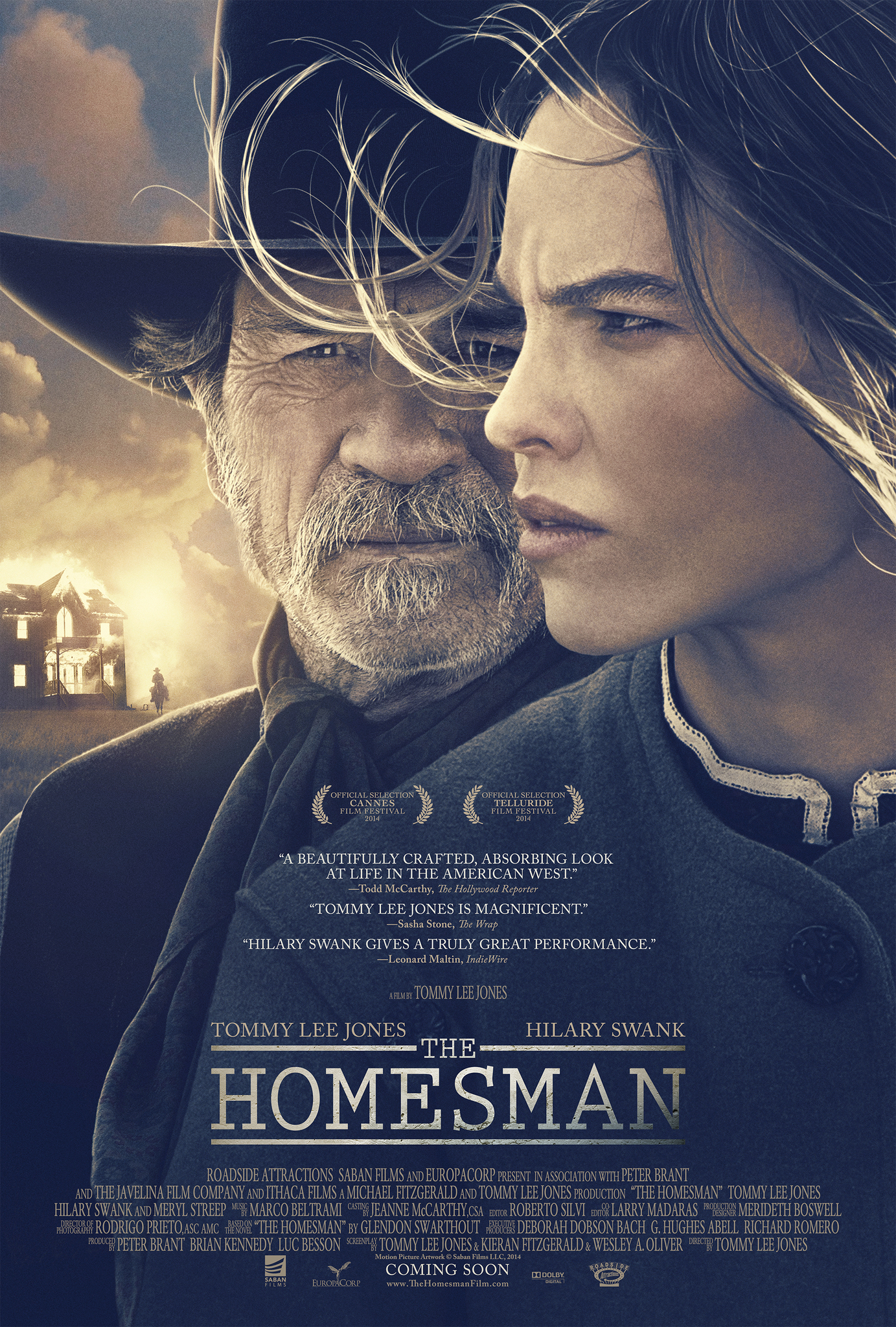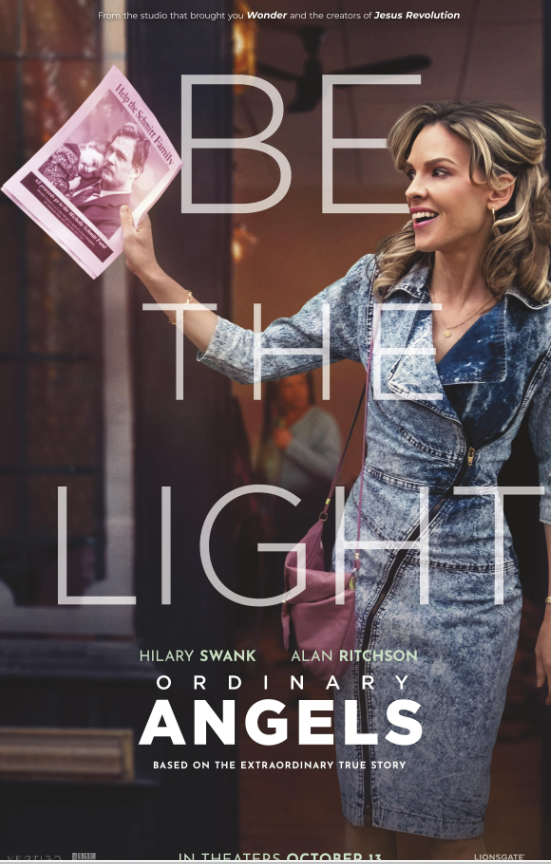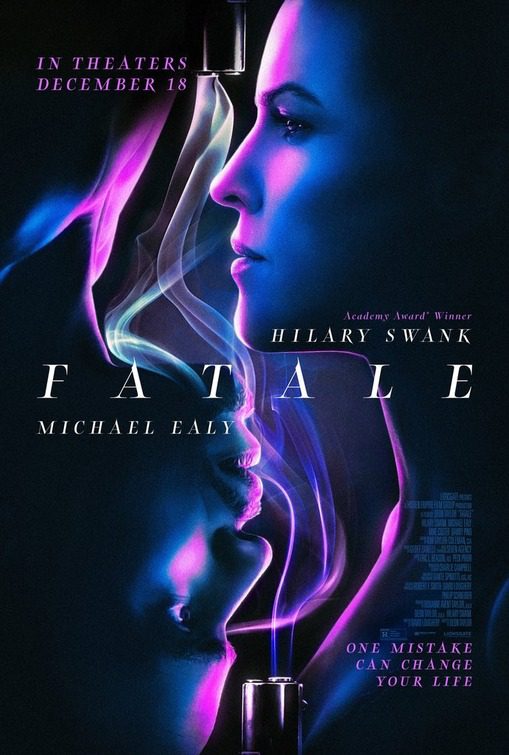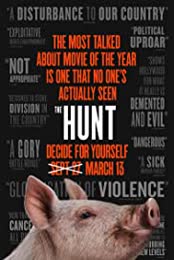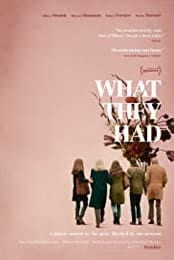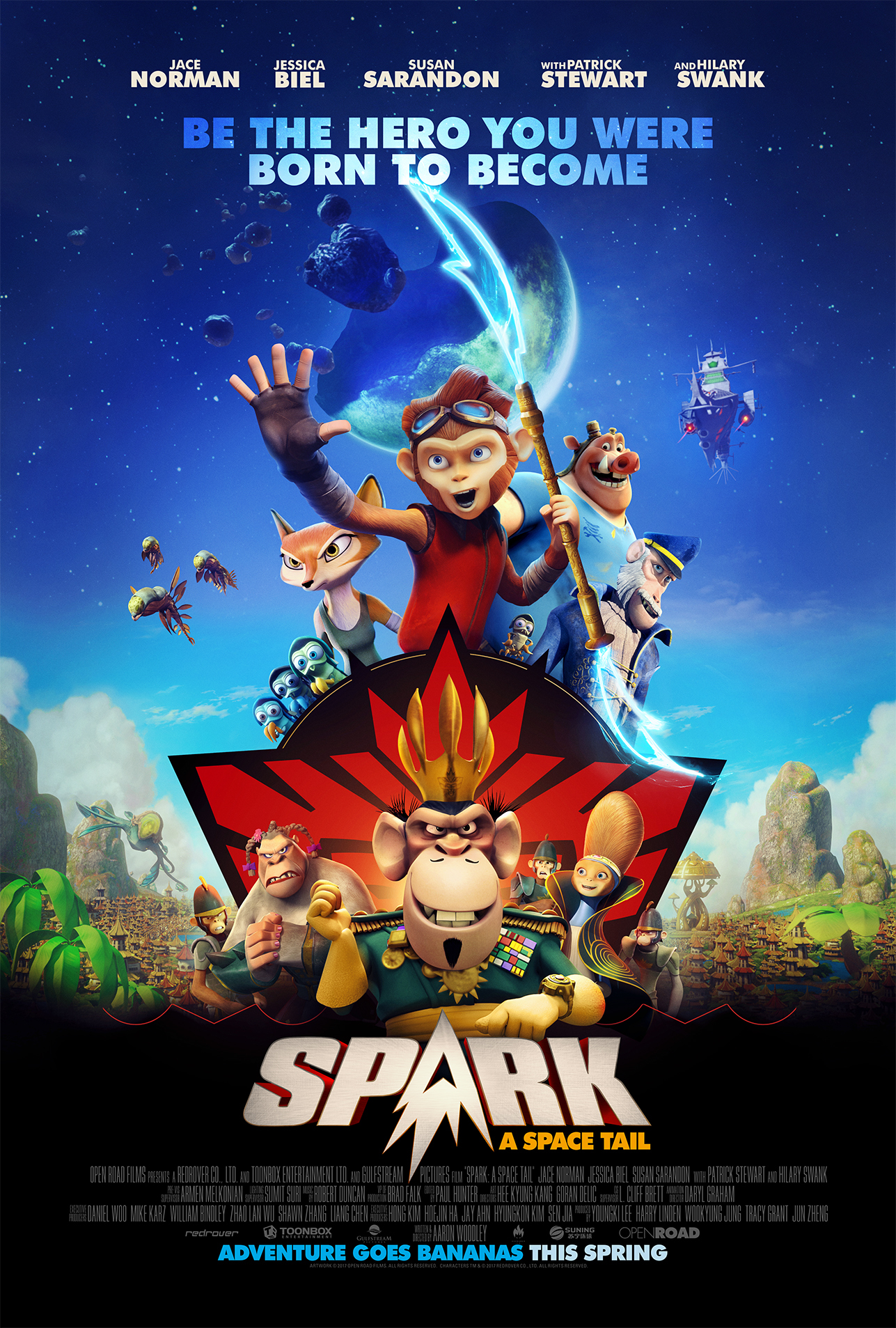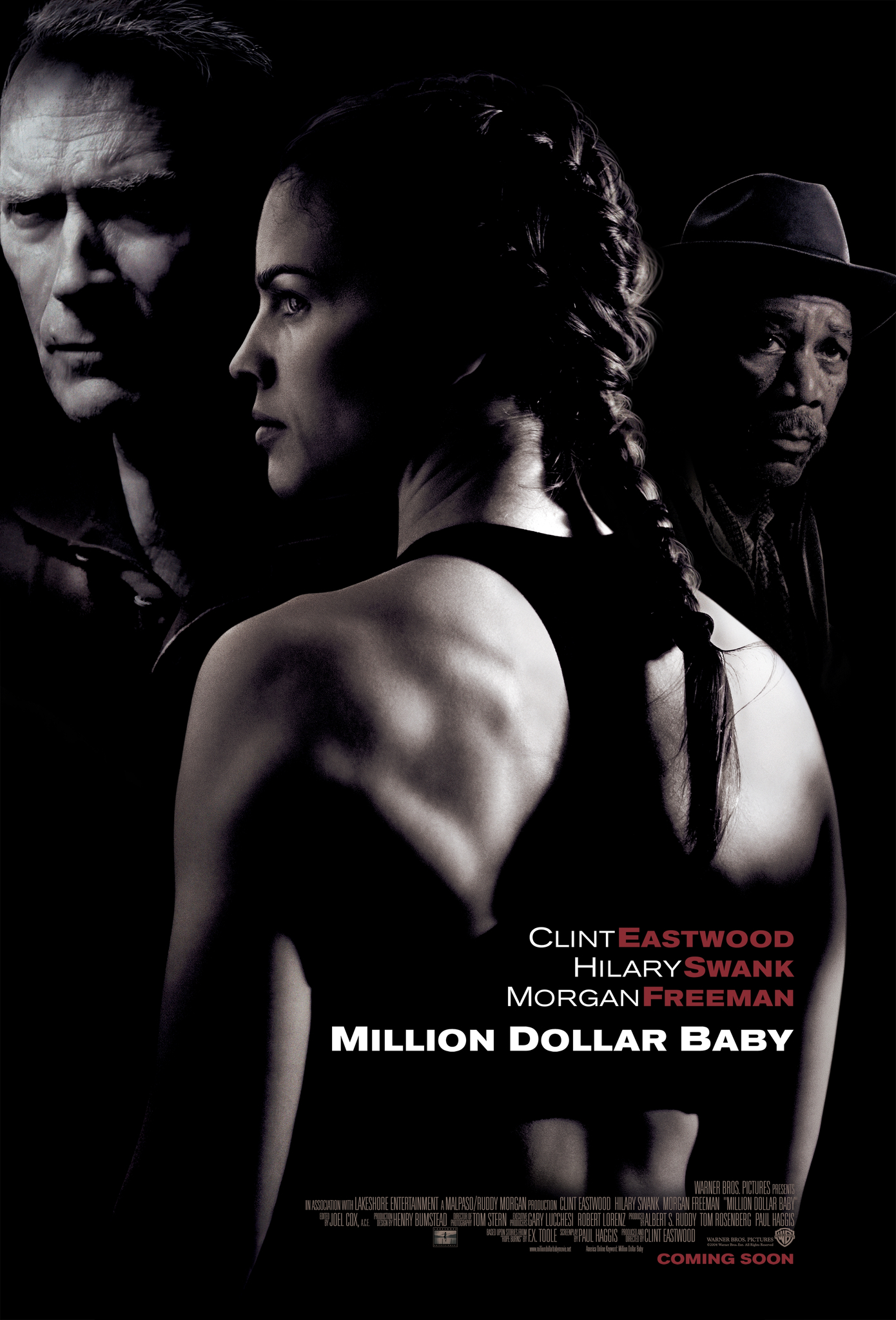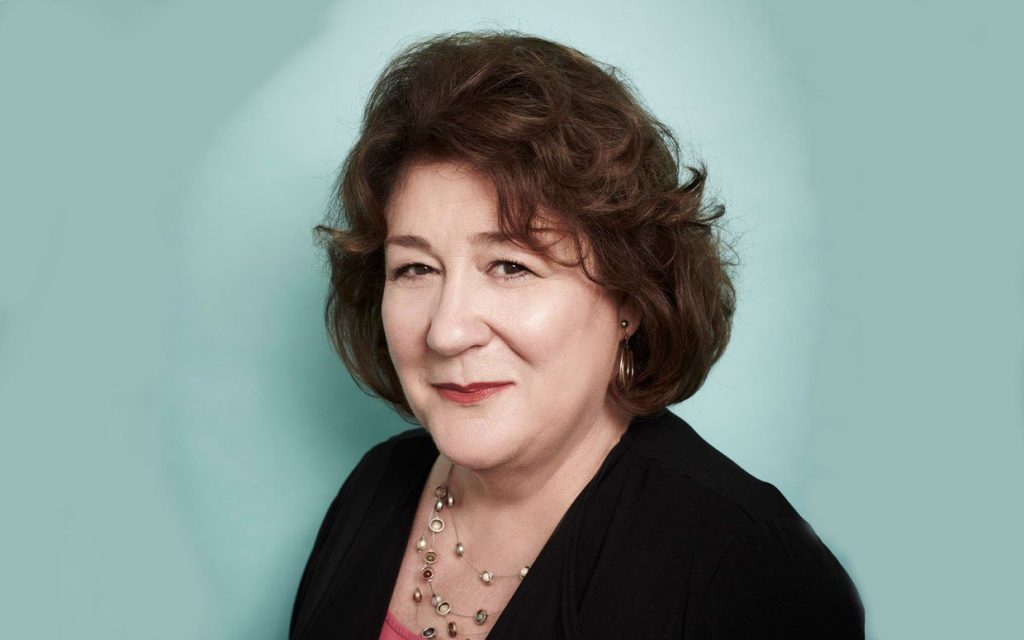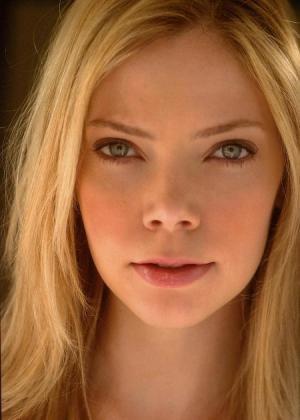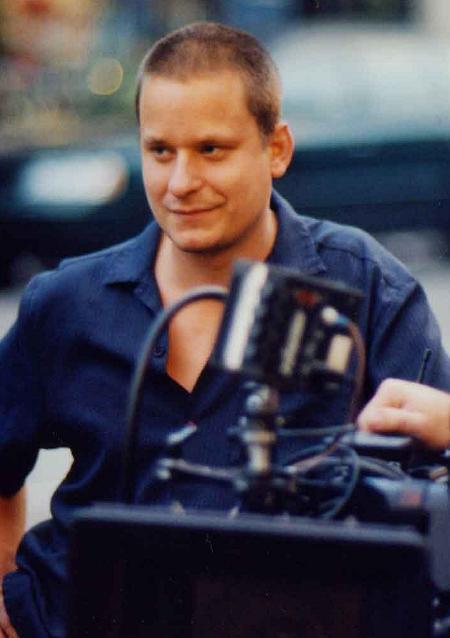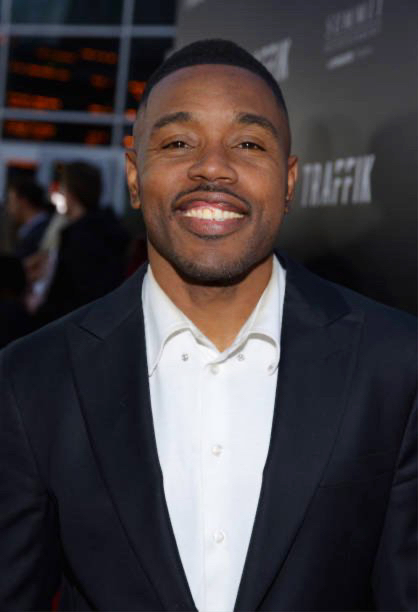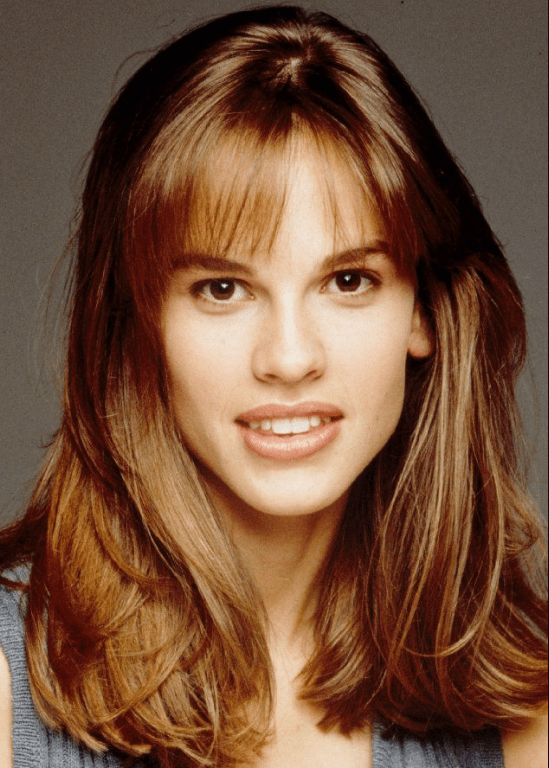
Hilary Swank
Birthdate: Jul 30, 1974
Birthplace: Lincoln, Nebraska, USA
Hilary Swank (birthname: Hilary Ann Swank) is one of the few female actors of her generation to win the Best Actress Oscar twice. Swank earned her first big-screen role in a major supporting role in the feature version of Buffy the Vampire Slayer (1992), with Kristy Swanson, Luke Perry, Rutger Hauer, Paul Reubens, and Donald Sutherland, and directed by Fran Rubel Kuzui and written by Joss Whedon, though earning an anemic $16.6 million gross.
Swank won her first co-starring role in only her second feature, the sequel The Next Karate Kid (1994), co-starring Pat Morita and directed by Christopher Cain, and released to poor business by Columbia Pictures. Swank’s next theatrical feature marked her first lead role, in co-writer/director Josef Rusnak’s German film, Quiet Days in Hollywood (1997), followed by Swank co-starring with Jason Robards in the indie drama, Heartwood (1998), co-written and directed by Lanny Cotler.
Hilary Swank made her highly acclaimed breakthrough with her Oscar-winning lead performance in Kimberly Pierce’s bio-drama, Boys Don’t Cry (1999), with (Oscar-nominated) Chloë Sevigny and Peter Sarsgaard, grossing over $20 million (or ten times costs) after premiering at the New York Film Festival. Swank played a major supporting role under Sam Raimi’s direction in the horror movie, The Gift (2000), starring Cate Blanchett, Giovanni Ribisi, Keanu Reeves, Katie Holmes, and Greg Kinnear, and grossing a strong $44.6 million for Paramount Classics.
Swank’s second major starring role was in the Charles Shyer-directed French Revolution drama, The Affair of the Necklace (2001), co-starring Jonathan Pryce, Simon Baker, Adrien Brody, Joely Richardson, Christopher Walken, and Brian Cox, but failing severely at the box office ($471,000 against a $30 million budget).
Hilary Swank was cast by director Christopher Nolan in a co-starring role opposite Al Pacino and Robin Williams in the U.S. remake of Erik Skjoldbjærg’s Norwegian thriller, Insomnia (2002), with Maura Tierney and Martin Donovan, and grossing a good $114 million for Warner Bros. After joining the ensemble of writer-director Greg Marcks’s black comedy, 11:14 (2003), Swank co-starred in Paramount’s $85 million disaster movie, The Core (2003), with Aaron Eckhart, Delroy Lindo, Stanley Tucci, D.J. Qualls, Richard Jenkins, Bruce Greenwood, and Alfre Woodard. Swank then co-starred with Chiwetel Ejiofor in the British/South African drama, Red Dust (2004), directed by Tom Hooper, and premiered at the Toronto Film Festival.
Hilary Swank won her second Best Actress Oscar for her universally acclaimed performance in director-producer Clint Eastwood’s boxing drama, Million Dollar Baby (2004), co-starring Eastwood, Morgan Freeman, Jay Baruchel, Anthony Mackie, and Margo Martindale, which won four Oscars (including Picture and Director for Eastwood, and Supporting Actor for Freeman), and grossing a hefty $217 million.
Swank was cast by director Brian De Palma in the film adaptation of James Ellroy’s novel, The Black Dahlia (2006), starring Josh Hartnett, Eckhart, Mia Kirshner, and Fiona Shaw, and premiering in competition at the Venice Film Festival. Swank starred in Warner Bros.’ horror movie, The Reaping (2007), opposite David Morissey, Idris Elba, and Stephen Rea, and grossing a weak $63 million global gross for Village Roadshow/Warner Bros. Swank starred in writer-director Richard LaGravenese’s drama, Freedom Writers (2007), inspired by a report on ABC News, and co-starring Scott Glenn, Imelda Staunton, and Patrick Dempsey, and earning $43 million for Paramount Pictures.
Hilary Swank continued working with filmmaker Richard LaGravenese by starring in his next film, P.S. I Love You (2007), which co-starred Gerard Butler, Lisa Kudrow, Harry Connick Jr., Gina Gershon, Jeffrey Dean Morgan, and Kathy Bates. The film proved to be a hit for Warner Bros./Summit Entertainment, with a $157 million global gross.
After Swank appeared in a supporting role in playwright-turned-filmmaker Craig Lucas’ Sundance-premiering comedy-drama, Birds of America (2008), with Matthew Perry, Ben Foster, Ginnifer Goodwin, and Lauren Graham, Swank did her first starring/executive producing project with the biopic, Amelia (2009), directed by Mira Nair, and co-starring Richard Gere, Ewan McGregor, and Christopher Eccleston, and released to poor business by Fox Searchlight Pictures ($19.8 million gross). Swank again starred and executive-produced a biopic, Conviction (2010), directed by Tony Goldwyn, and co-starring Sam Rockwell, Minnie Driver, Melissa Leo, Peter Gallagher, and Juliette Lewis, and premiering at the Toronto Film Festival.
Hilary Swank starred in the little-seen Paramount Pictures/Icon British thriller, The Resident (2011), with Morgan, Lee Pace, Aunjanue Ellis, and Christopher Lee. Then Swank joined the large ensemble under Garry Marshall’s direction in the rom-com, New Year’s Eve (2011), grossing a good $142 million for Warner Bros. Swank co-starred with co-writer/director/star Tommy Lee Jones and Meryl Streep in the Western, The Homesman (2014), with Grace Gummer, Miranda Otto, Hailee Steinfeld, John Lithgow, Jesse Plemons, and James Spader, and premiering in the main competition of the Cannes film festival.
Swank starred in and produced You’re Not You (2014), directed by George C. Wolfe and co-starring Emmy Rossum and Josh Duhamel, and received a limited release courtesy of Entertainment One. Swank did her first animation voice performance in the commercial bomb, Spark (2016), with the voices of Jace Norman, Jessica Biel, Susan Sarandon, and Patrick Stewart. Then Swank joined filmmaker Steven Soderbergh’s ensemble for his heist comedy, Logan Lucky (2017), with Channing Tatum, Adam Driver, Seth MacFarlane, Riley Keough, Katie Holmes, Katherine Waterston, Dwight Yoakum, Sebastian Stan, Brian Gleeson, and Daniel Craig, and grossing $48.5 million.
Hilary Swank next starred in director Bille August’s German-Belgian drama, 55 Steps (2017), co-starring Helena Bonham Carter and Jeffrey Tambor, and premiering at the Toronto Film Festival. Swank was executive producer and lead writer-director of Elizabeth Chomko’s family drama, What They Had (2018), co-starring Michael Shannon, Robert Forster, Blythe Danner, Taissa Farmiga, and Josh Lucas, and released by distributor Bleecker Street after a Sundance film festival premiere.
Swank went Down Under for the cyberpunk thriller, I Am Mother (2019), directed by Australian director Grant Sputore, and co-starring Clara Rugaard, Luke Hawker, and Rose Byrne, which also premiered at the Sundance Film Festival before receiving a theatrical and streaming release from Netflix. Hilary Swank was cast in a major supporting role by filmmaker Craig Zobel in Blumhouse’s satirical horror movie, The Hunt (2020), with Ike Barinholtz, Betty Gilpin, and Emma Roberts, but the movie was released at the start of the COVID-19 pandemic and had limited box office returns for Universal Pictures.
Swank played an investigating cop in producer-director Deon Taylor’s thriller, Fatale (2020), with Michael Ealy, and received subdued results for Lionsgate. Swank starred in her second consecutive crime thriller in co-writer/director Miles Joris-Peyrafitte’s The Good Mother (2023), co-starring Olivia Cooke, Jack Reynor, and Hopper Penn. Swank co-starred with Alan Ritchson, Nancy Travis, and Tamala Jones in the Jon Gunn-directed inspirational drama for Lionsgate, Ordinary Angels (2024), followed by Swank joining co-star Peter Berg for the thriller, N.A.R. (date to be announced), co-written and directed by Greg Kwedar.
Personal life
Hilary Swank was born in Lincoln, Nebraska, and was raised in Lincoln, Spokane, and Bellingham, Washington, by Judy Kay (secretary and dancer) and Stephen Swank (Oregon Air National Guard Chief Master Sergeant and Salesman). Swank has one brother, Dan. Swank was discovered as a child actor by acting coach Suzy Sachs and then starred (starting at nine years old) in local and school theater productions. Swank schooled at Happy Valley Elementary School, Fairhaven Middle School, and Bellingham-based Sehome High School, from which she left after her parents separated when she was 15; at 16, Swank and her mother moved to Los Angeles, sometimes living in their car, as Swank pursued her acting career.
At the same time, Swank enrolled and studied briefly at South Pasadena High School in Los Angeles, but then dropped out. Swank took a three-year break starting in 2014 to help her father recover from a lung transplant. Swank was married to actor Chad Lowe from 1997 to 2007. Swank was in a relationship with her agent, John Campisi, from 2007 to 2012. Swank was briefly engaged to financial advisor Ruben Torres from March to June 2016. Swank married entrepreneur Philip Schneider in 2018; the couple has a son and daughter, both twins. Swank’s height is 5’ 6”.
Known For
Awards
Two-time Winner, Best Actress, Academy Awards (2000, 2005); Nominee, Best Actress, BAFTA Film Awards (2001); Two-time Winner, Best Actress, Golden Globe Awards (2000, 2005); Winner, Tribute Award, Gotham Awards (2010); Winner, Hollywood Walk of Fame Star (2007); Winner, Best Female Lead, Independent Spirit Awards (2000); Winner, Leopard Club Award, Locarno Film Festival (2019); Winner, Best Actress, Los Angeles Film Critics Association Awards (1999); Three-time Nominee, Breakthrough Female Performance/Best Kiss/Best Female Performance, MTV Movie + TV Awards (2000, 2005); Winner, Breakthrough Female Performance, National Board of Review Awards (1999); Winner, Best Actress, National Society of Film Critics Awards (2005); Winner, Best Actress, New York Film Critics Circle Awards (1999); Winner, Best Female Actor, Screen Actors Guild Awards (2005); Winner, Female Star of Tomorrow, ShoWest (2000); Winner, Silver Medallion Award, Telluride Film Festival (2014).
Hilary Swank Movies
actor
Previous (34)
Facts About Hilary Swank
Athlete: Hilary Swank competed in Washington State swimming and gymnastics competitions and in the Junior Olympics.
Acting Desire: Swank has said that she felt like an “outsider” growing up and in school, and that “as a kid, I felt that I belonged only when I read a book or saw a movie and could get involved with a character. It was natural that I became an actor because I longed so much to be those other people, or at least to play them.”
Frequently Asked Questions
When was Hilary Swank born?
How tall is Hilary Swank?
What is Hilary Swank's ethnicity?
Who is Hilary Swank's husband?
Does Hilary Swank have kids?
What are some movies and TV shows featuring Hilary Swank?
What is Hilary Swank's net worth?
People Also Searched For







